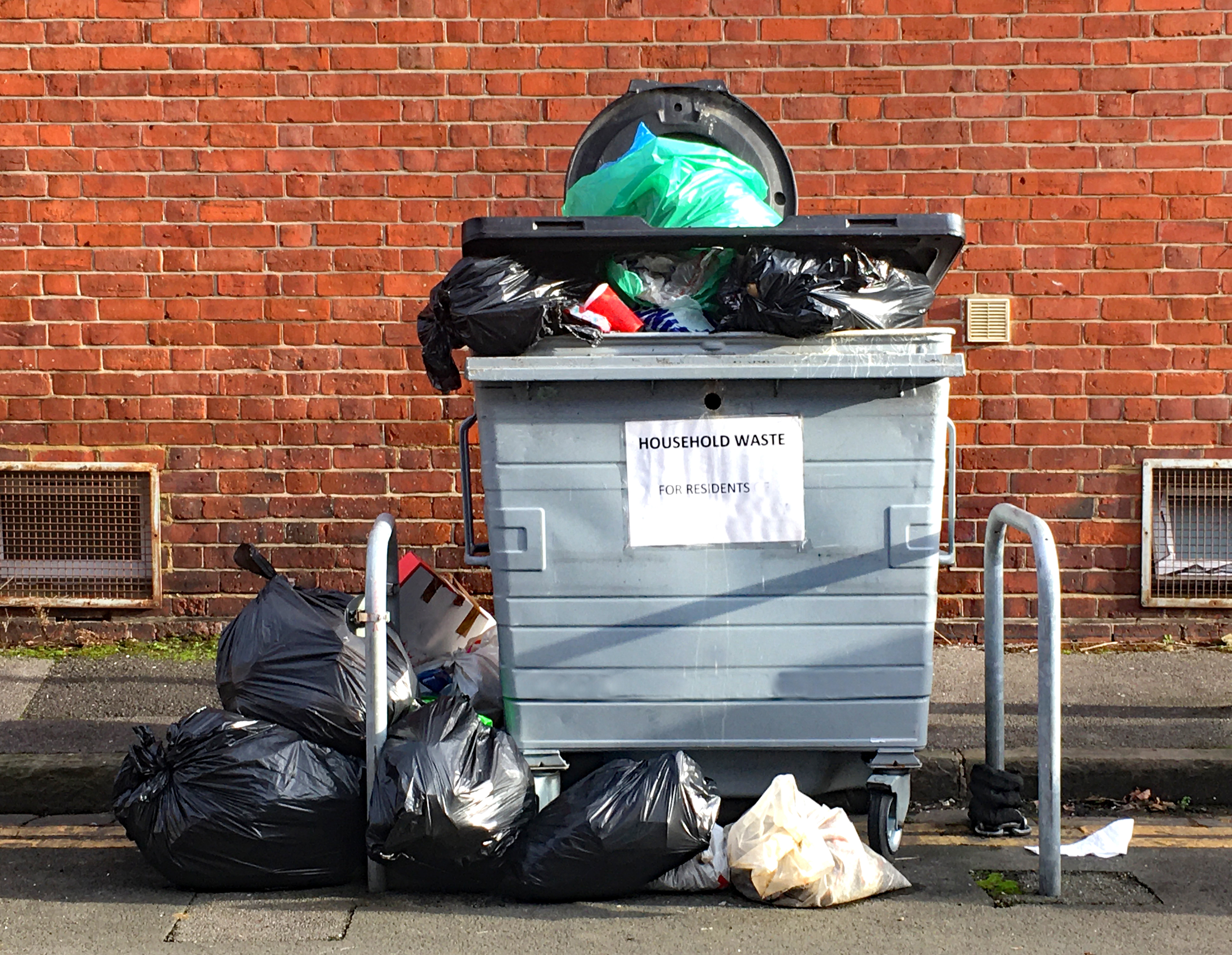CO2 emissions from burning plastic and other waste could triple in England by 2030, activists say
Exclusive: 50 new waste incinerators are set to enter operation in England by 2030

Your support helps us to tell the story
From reproductive rights to climate change to Big Tech, The Independent is on the ground when the story is developing. Whether it's investigating the financials of Elon Musk's pro-Trump PAC or producing our latest documentary, 'The A Word', which shines a light on the American women fighting for reproductive rights, we know how important it is to parse out the facts from the messaging.
At such a critical moment in US history, we need reporters on the ground. Your donation allows us to keep sending journalists to speak to both sides of the story.
The Independent is trusted by Americans across the entire political spectrum. And unlike many other quality news outlets, we choose not to lock Americans out of our reporting and analysis with paywalls. We believe quality journalism should be available to everyone, paid for by those who can afford it.
Your support makes all the difference.CO2 emissions from burning plastic and other types of waste for energy could triple in England by 2030 unless the government takes urgent action, campaigners have warned.
A total of 50 new energy-from-waste (EFW) incinerators are set to enter operation in England by 2030 – causing the nation’s incineration capacity to nearly double from 14 to 27 million tonnes a year, the activists said.
The opening of new incinerators, if combined with an uptick in plastic use, could cause CO2 emissions from waste burning to increase from 5.5 million tonnes in 2019 to 15 million tonnes by 2030, according to the group XR Zero Waste.
Such a surge in pollution could threaten progress towards the UK’s legal target of net zero emissions by 2050.
A move towards more waste burning could also hinder government efforts to recycle 65 per cent of Britain’s rubbish by 2035, the activists added.
“The government says we need to shift to a circular economy and to reduce the amount of waste we produce, but at the same time we’re building this massive set of infrastructure to keep burning waste. So there’s a big contradiction,” Dr Rembrandt Koppelaar, an independent researcher who carried out the analysis for XR Zero Waste, told The Independent.
Waste accounts for around 6 per cent of the UK’s total greenhouse gas emissions. EFW is the second largest driver of waste emissions after landfill sites.
Rates of waste incineration in England doubled from 2012 and 2018 and have since continued to rise. Plastic waste commonly burned in incinerators in England includes nappies, packaging and mattresses, according to the activists.
At present, England has 49 EFW incinerators, the activists say.
Across the UK, waste incinerators are three times more likely to be built in the poorest neighbourhoods than in the more affluent, according to Unearthed, Greenpeace’s investigative journalism platform.
“The incineration of plastics contributes both greenhouse gases to climate change, and a cocktail of pollutants that are toxic to human health from nitrogen oxide to furans, dioxins, metals, and ultra-fine particulates that escape through even the most advanced incinerator filters,” said Geraint Davies, a Labour politician and chair of the All-Party Parliamentary Group on Air Pollution.
The activists are calling for the government to take action by introducing an “incineration tax” – similar to the country’s landfill tax – to encourage industry to recycle rather than burn waste.
They added that changes should be made to the National Planning Policy to require the reassessment of existing planning permission given to new EFW incinerators by local authorities.
“The analysis shows that we need an incineration tax, that we should stop burning plastics, and that we must stop the construction of incinerators we can’t defend if we’re serious about climate change and public health,” said Mr Davies.
A government spokesperson said: “Our landmark environment bill is transforming our waste sector and how the nation recycles. This will ensure a more circular economy, reducing waste and strengthening our fight against plastic pollution.
“We continue to take action to prevent waste and to increase the amount of waste that is reused and recycled, and are very clear that incineration should be a last resort behind recycling and reuse – but using waste to generate energy is preferable to dumping rubbish in landfill for future generations to deal with.”
Join our commenting forum
Join thought-provoking conversations, follow other Independent readers and see their replies
Comments